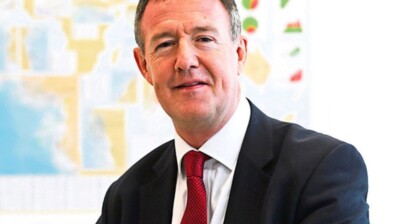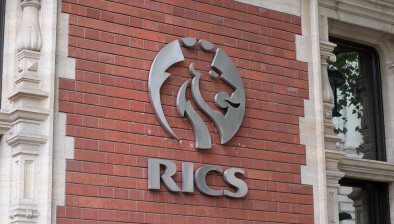‘Brexit fears prompt international businesses to halt UK investment’ – RICS

International businesses are postponing investment in Britain in the wake of EU uncertainty, a new paper by the Royal Institution of Chartered Surveyors (RICS) has claimed.
The RICS EU Referendum Paper which examines the pros and cons of the UK remaining and exiting Europe includes new survey data showing that there has been a steady easing in international demand for UK office, industrial and retail property since the referendum was confirmed in Q2 2015.
The demand indicator among international investors for UK commercial property is now at its lowest level since RICS records began in 2014 with just 5 percent of members surveyed reporting increased interest from overseas companies over the last three months. This is a considerable drop from Q2 2015, when the figure was at 36 per cent.
Despite UK figures, the Scottish commercial market remained steady during the beginning of 2016, with a net balance of 11 per cent more chartered surveyors reporting an increase in investment demand for commercial property. While demand for office and retail property remained relatively firm, investment enquiries within industrial sector flat lined.
Supply remained a key constraint on the occupier side of the commercial market, with 17 per cent more respondents reporting a drop in available properties, with lack of office space leading the way. Consequently, a net balance of 17 per cent more surveyors expect rent prices to increase across Scotland during the next quarter.
Uncertainty caused by the EU referendum has been cited by 70 per cent of RICS members working within the sector in Scotland as the reason why major international retailers and other businesses have been nervous of investing.
Furthermore, 43 per cent of respondents across the UK felt that leaving the EU would have a negative impact on the commercial property sector and only six per cent said a Brexit scenario would have a positive impact on the commercial property sector.
The EU Referendum Paper shows that a range of key industries from residential housing to construction and rural have been hit by short term uncertainty. However, across the board, in the longer term, steady growth is still predicted across rural, land and built environment sectors.
RICS chief economist, Simon Rubinsohn said: “There is no doubt that since the EU referendum became a certainty following the General Election last May, we have seen a decline in interest from overseas investors in UK commercial property, similar to what we experienced during the Scottish referendum. At least in the short-term, we know that international retailers and service providers are finding the UK market less attractive.
“But we need not view this as a negative, as a result of the market dampening, business rents are also rising at much slower rates, which suggests that we might soon be seeing more favourable conditions for entry and business growth.
“Moreover, it is interesting to see that despite the climate of uncertainty across all sectors surrounding the impact of Brexit, the long-term view is that we will continue to see the value of land and property assets increase, albeit at a marginally slower rate.”
The RICS Royal Charter requires that the body serves the public’s interest and as such, it will not provide a steer on which way to vote. As such, the EU Referendum Paper, objectively examines various scenarios, but does not take the analysis to the next stage of a ‘stay or go’ conclusion.

















